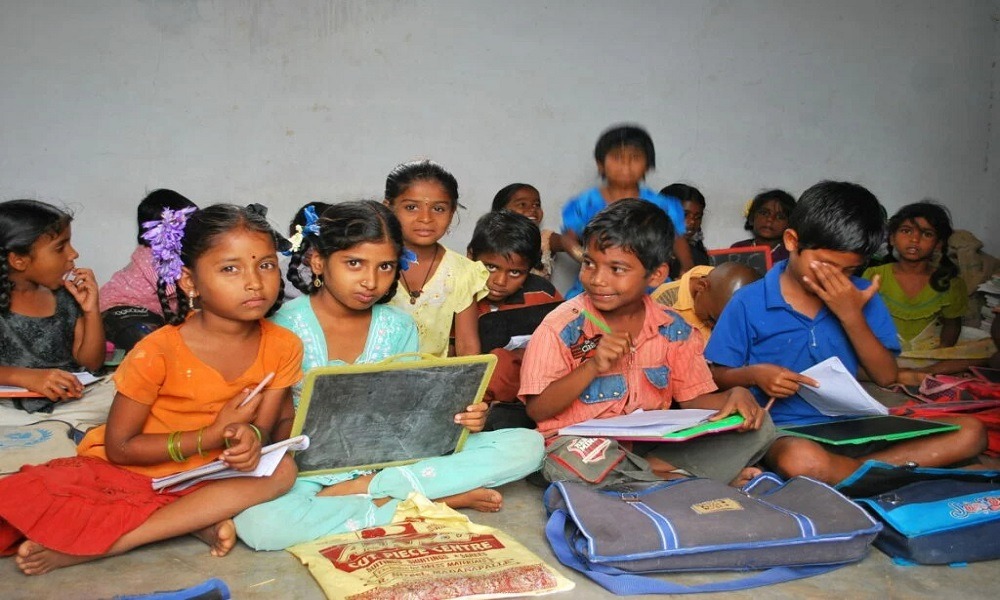Gender inequality is a pervasive issue that significantly contributes to global poverty. Despite progress in various parts of the world, women and girls continue to face systemic barriers that hinder their full participation in economic, social, and political life.
Empowering women is not only a matter of social justice but also a key strategy for economic progress and poverty reduction.
The Link Between Gender Inequality and Poverty
Economic Disparities: Women often earn less than men for the same work, a gap that exists in nearly every country. This wage disparity limits women’s ability to achieve financial independence and invest in their futures. Women are also more likely to be employed in low-paying, unstable jobs without benefits or security.
Educational Barriers: Girls in many parts of the world have less access to education compared to boys. This educational gap leads to lower literacy rates among women and reduces their opportunities for higher-paying jobs. Education is a powerful tool for breaking the cycle of poverty, and denying it to girls perpetuates economic disadvantage.
Health Inequities: Women and girls often face health disparities, including lack of access to reproductive healthcare and higher rates of malnutrition and disease. Poor health can prevent women from working and caring for their families, deepening the cycle of poverty.
Social and Cultural Constraints: In many cultures, traditional gender roles restrict women’s opportunities. Women are often expected to prioritize domestic responsibilities over personal or professional growth, limiting their participation in the workforce and public life.
Violence and Discrimination: Gender-based violence and discrimination are significant barriers to women’s economic participation. Fear of violence or harassment can keep women from seeking employment or education, and discrimination can prevent them from advancing in their careers.
Empowering Women for Economic Progress
Empowering women is crucial for economic development and poverty reduction. Here are some strategies to achieve this:
Education and Training: Ensuring equal access to quality education for girls and women is fundamental. Education equips women with the skills and knowledge needed for better-paying jobs and leadership roles. Vocational training and adult education programs can also help women gain new skills and improve their economic prospects.
Economic Opportunities: Creating economic opportunities for women involves promoting equal pay, improving working conditions, and supporting women’s entrepreneurship. Access to credit, financial services, and markets can help women start and grow businesses, contributing to economic growth.
Healthcare Access: Improving access to healthcare, including reproductive health services, is vital. Healthy women are more likely to be productive and contribute economically. Policies that support maternal health and provide affordable healthcare can significantly impact women’s well-being and economic stability.
Legal and Policy Reforms: Implementing and enforcing laws that protect women’s rights and promote gender equality is essential. This includes laws against gender-based violence, and discrimination, and ensuring women’s property and inheritance rights.
Social Support Systems: Providing social support, such as affordable childcare and parental leave, can help women balance work and family responsibilities. This enables more women to participate in the workforce and pursue career advancement.
Community and Cultural Change: Efforts to change societal attitudes towards gender roles are critical. Community programs that promote gender equality and challenge traditional norms can create an environment where women are valued and supported in all aspects of life.
CONCLUSION:
Gender inequality is a significant barrier to economic progress and poverty reduction. By empowering women through education, economic opportunities, healthcare access, legal reforms, social support, and cultural change, we can unlock their potential and drive sustainable development.
At Fikrah, we are committed to advocating for gender equality and empowering women to achieve their full potential, thereby contributing to a more equitable and prosperous world.
Click here to know more about “Gender Inequality In The Indian Society”

